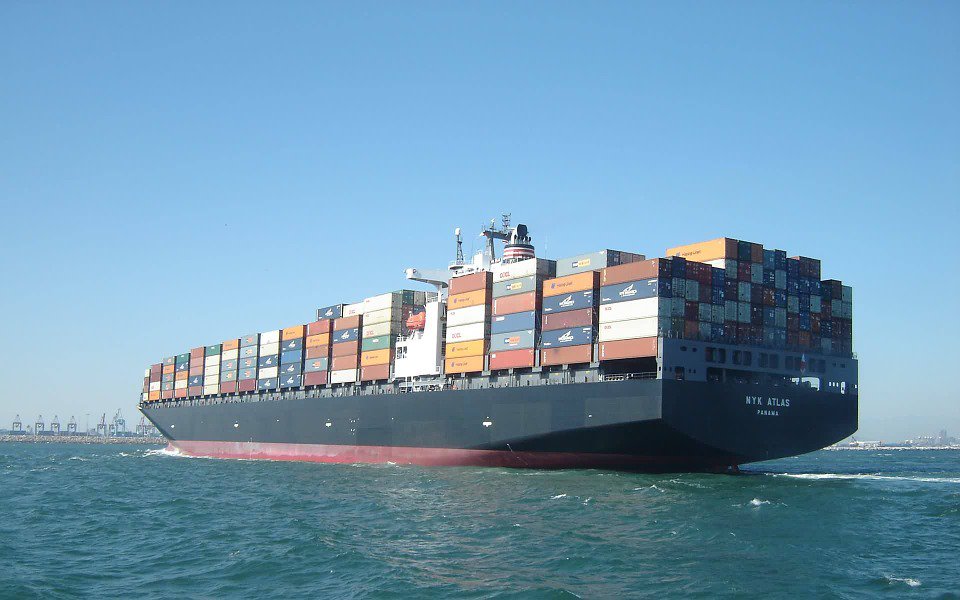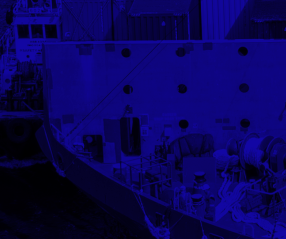The Freight Transport Association FTA says the European Commission’s adoption of new pricing rules for shipping lines will modernise the industry and bring it into the 21st Century.
The new legislation follows a three-year EU investigation into price signalling – the announcement of general rate increases – which was highlighted by FTA. Members of the Association’s British Shippers’ Council first raised concerns about the uncompetitive behaviour in 2010 and a dossier was submitted to the Council to support the claims.
The shipping lines involved agreed to significantly change their pricing behaviour, which is reflected in the Commission’s decision under Article 9(1) of Regulation 1/2003 declaring the binding the commitments offered by the lines – most notably that they will cease to publish general rate increase announcements.
FTA’s Director of European and Global Policy, Chis Welsh, said: “FTA welcomes the Commission’s decision. It closes another chapter in the liner shipping industry by ending inappropriate liner conference-type pricing arrangements. We welcome recent statements by some lines to modernise their existing pricing arrangements as a result of the Commission’s commitments decision, thus bringing shipping into line with normal business practices.”
Fifteen shipping lines were involved in the EU enquiry and all agreed in February to cease announcement of general rate increases – instead publishing actual prices to customers on an individual basis. This was put to a ‘market test’ for a month to allow interested parties to comment before the Commission announced its decision.
During the enquiry, the Commission made ‘unannounced’ visits to 14 shipping lines. In its preliminary assessment, it expressed concern that the practice of price signalling could allow the lines to explore each other’s pricing intentions and to coordinate their behaviour.
Mr Welsh said: “This new ruling will bring transparency to pricing in the liner shipping industry and will hopefully remove the need for our members to resort to court proceedings for competition damages.”












